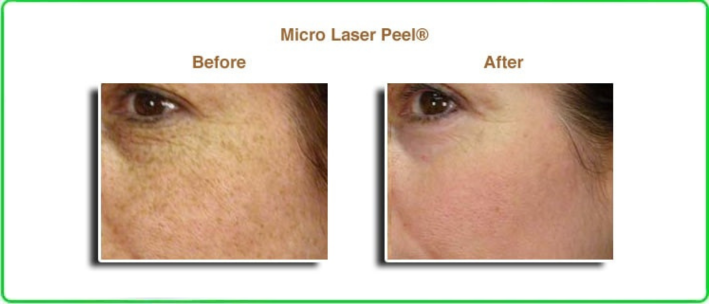Vitamin A (Retinol): Essential for Vision, Immunity, and Skin Health

Vitamin A, also known as retinol, is a fat-soluble vitamin that plays a critical role in maintaining various bodily functions. From vision and immunity to skin health and reproduction, this nutrient is vital for overall well-being. Whether obtained from animal or plant sources, Vitamin A should be a staple in every balanced diet, particularly for vulnerable populations such as pregnant women and children.
Why Vitamin A Is Important
Vitamin A is involved in several biological processes. It is indispensable for:
Healthy Vision: Vitamin A is a major component of rhodopsin, a protein in the eye that allows us to see in low light. Deficiency can lead to night blindness and more severe eye conditions.
Immune System Support: It strengthens the mucosal barriers in the respiratory and gastrointestinal tracts, helping the body resist infections.
Skin, Hair, and Nail Health: Retinol aids in the regeneration of skin cells, reduces acne, and supports strong, healthy hair and nails.
Reproductive Health: It plays a role in sperm development and the healthy growth of the embryo during pregnancy.
Hormonal Regulation: Vitamin A is necessary for hormone production and regulation, impacting everything from metabolism to mood.
Antioxidant Protection: As an antioxidant, Vitamin A helps neutralize harmful free radicals, reducing the risk of chronic diseases and premature aging.
Brain Function: It supports the hippocampus, the part of the brain responsible for memory, learning, and emotional regulation.
Contact Us +971 4 33 88 5 88
Key Benefits of Vitamin A
Maintains the mucosal barrier, providing a first line of defense against pathogens.
Enhances the body’s ability to absorb vitamin D, another critical fat-soluble vitamin.
Aids in the production of white blood cells, which are crucial for fighting infections.
Supports the health of the brain, teeth, and bones.
Plays a role in the formation of essential hormones.
Helps protect the skin from harmful UV rays and oxidative stress.
Reduces the risk of malignant cellular changes and chronic diseases.
Improves cognitive function, memory, and mood regulation.
See Also: Ozone Therapy Dubai
Vitamin A Deficiency: A Growing Concern
Vitamin A deficiency remains a public health issue, particularly in developing regions. It typically results from insufficient intake through diet, but can also be caused by malabsorption due to medical conditions such as cirrhosis, cystic fibrosis, or Crohn’s disease. Certain groups, including pregnant women and young children, are especially vulnerable.
Symptoms of Vitamin A Deficiency:
Xerophthalmia – a progressive eye disease that can lead to blindness.
Fatigue and lack of energy.
Frequent infections and poor immune response.
Reproductive issues, including infertility and complications during pregnancy.
Dry, flaky skin and brittle hair.
Weakened nails, dandruff, and an increased risk of acne.
Cognitive disturbances, such as forgetfulness and poor sleep quality.
Sources of Vitamin A
Vitamin A can be obtained through both animal-based (preformed retinol) and plant-based (provitamin A carotenoids) foods:
Animal-Based Sources:
Fish liver oils (e.g., from cod, halibut, and shark)
Liver from beef, chicken, or lamb
Egg yolk
Whole milk and butter
Plant-Based Sources:
Vegetables and fruits high in beta-carotene, which the body converts into retinol, include:
Carrots
Sweet potatoes
Pumpkin
Corn
Peaches
Apricots
For optimal absorption of Vitamin A, a diet must also include sufficient levels of zinc, which is found in:
Chicken
Beans
Almonds
Whole grains
Conclusion:
Vitamin A is far more than just a vision-supporting nutrient. It plays a foundational role in many physiological processes, and a deficiency can have widespread negative effects on health. Ensuring a balanced intake through a nutrient-rich diet is essential for living a long, healthy, and fulfilling life.
About Author:
Doctor Igor Max is a shining example of a Self-Made Individual, rightfully known as the “Dubai Legend” for over 30 years in UAE. Among his many accomplishments, he is the founder of hospitals and educational institutions across the UAE.
He is the founder of the first Russian Multispecialty Clinic in the Persian Gulf, along with a thriving pharmacy chain. He also pioneered the first Russian-Speaking Home Healthcare Service and 24/7 Ambulance Service in Dubai.
Being around him makes you want to live life to the fullest. His light shines in a unique way.
With love and respect,
Dr. Igor Max












